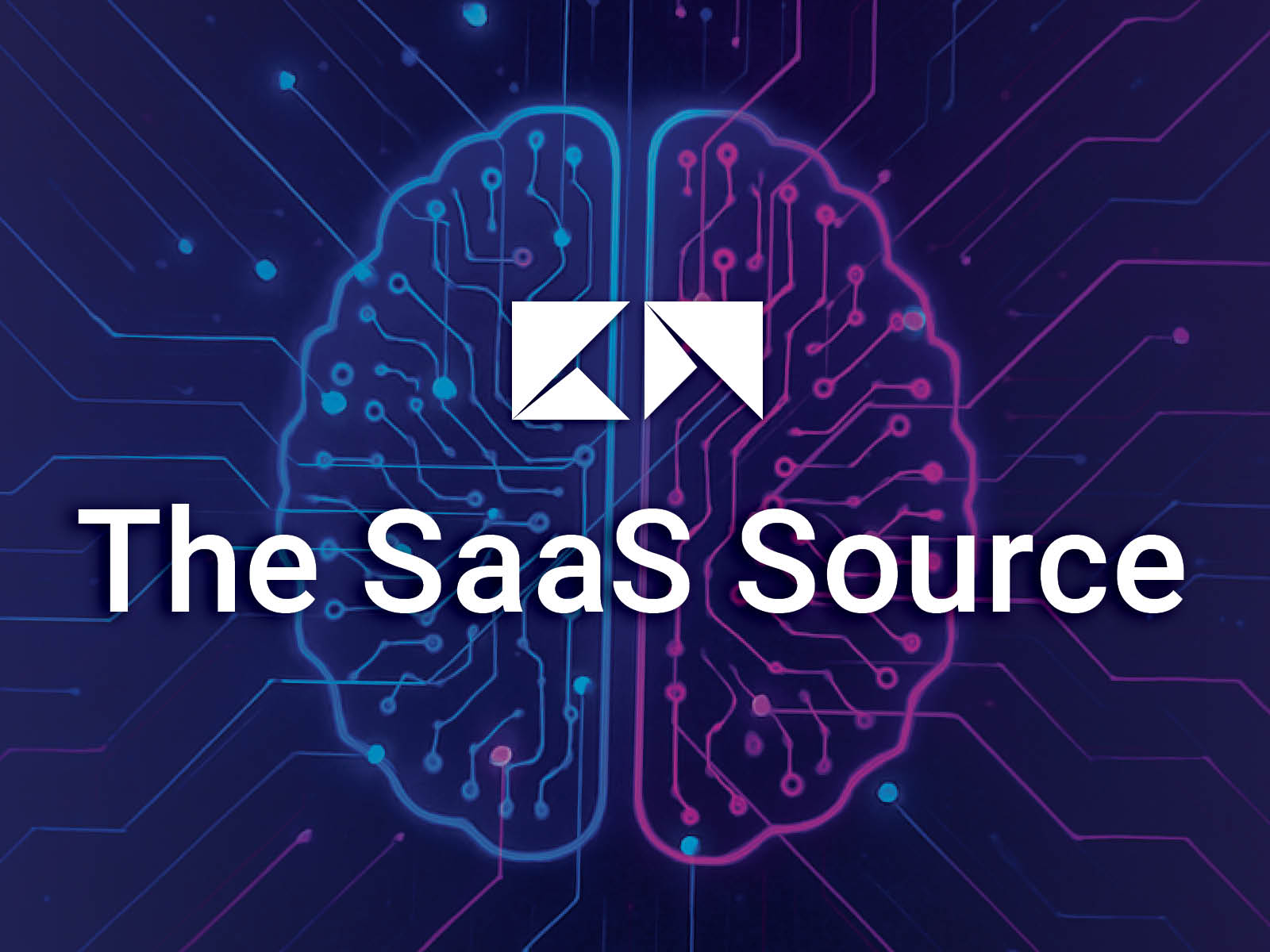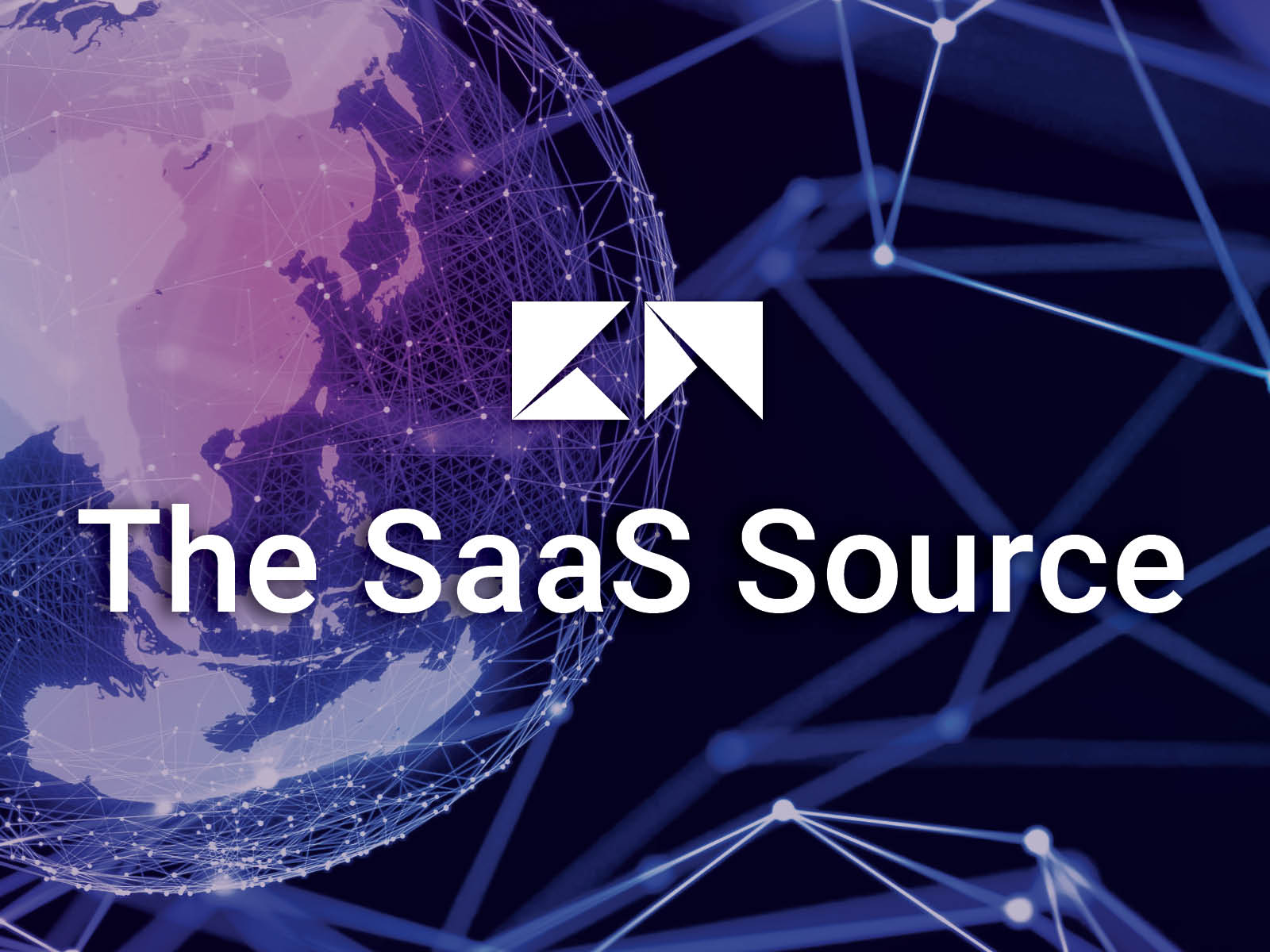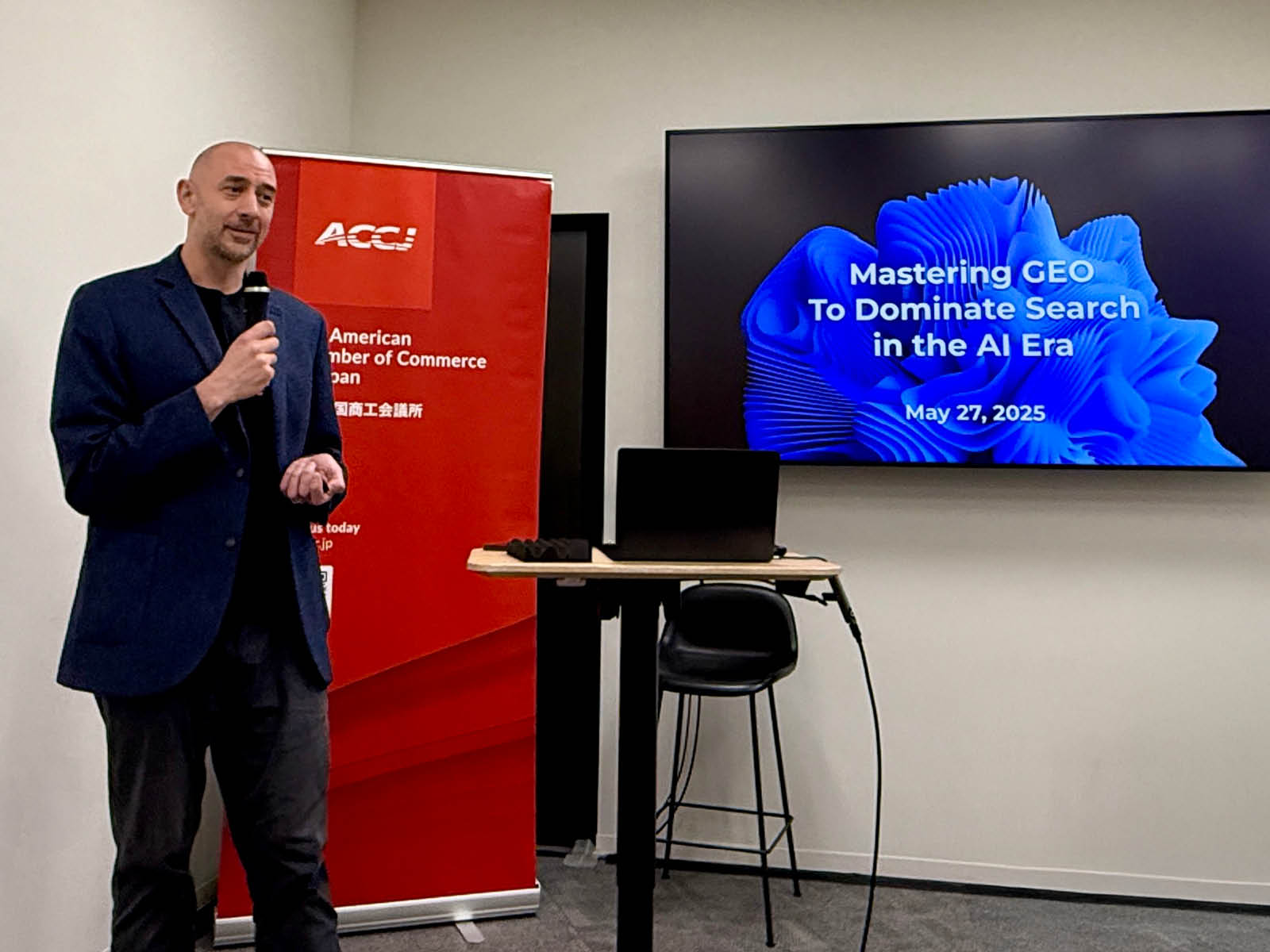
Clearing Hurdles of Marketing during the Olympics
What are the potential pitfalls that brands and businesses face in relation to being associated with this year's Games?
To say that the runup to the Tokyo 2020 Olympic and Paralympic Games has been beset by challenges across the board would be one of the biggest understatements of the last few years. A global pandemic that led to a year’s postponement, scandals related to Olympic officials and last-minute turnovers within the creative team of the opening ceremony, and a last-minute decision to hold Tokyo events without spectators—and this is just to name a few.
Rare Dissent
Public sentiment in Japan about the Olympics has also taken a major hit. This is following mixed messages delivered through multiple states of emergency in greater Tokyo and other locations around Japan, and the restrictions that they have placed on the normal lives of people. As Garreth Stevens, consulting and sales director at Custom Media pointed out: “The alcohol industry and bars have, arguably, been unfairly targeted with strange rules in the city throughout this year changing regularly and forcing many small business owners to shut shop, go into debt, or ignore the rules. Another bar down the street from our office closed permanently last week.”
He added that this even applied to drinks company Asahi, which is spending nearly ¥11 billion in sponsorship for the Games. “Asahi’s annual sakura special edition can was risky enough earlier this year when hanami was essentially banned throughout the greater metropolitan Tokyo area, and alcohol restrictions began to get more serious. Their special cans and bottles for the Olympic Games are on shelves as planned, but not all punters are happy about this, and some had taken to Twitter announcing they’d never drink Asahi again due to its irresponsible association with the Games.”
This is all being placed in comparison to the fact that Tokyo is hosting what has the potential to be a superspreader event for Covid–19, and there are already cases of athletes and their support team members coming down with the virus.
In fact, a Japanese media poll has shown that more than two-thirds of those surveyed did not believe that organizers could control coronavirus infections during the Games. In the weeks before the event, Japanese citizens did something that is rare in this country, and held public protests against holding the Olympics. Similar discontent was expressed on social media as well.

Sticking the Landing
This has led to a crisis for some advertisers and sponsors as it comes to marketing products within the context of the Olympics and Paralympics. While many brands are choosing to stay the course and continue advertising of the Games, others such as the automotive giant Toyota have decided to pull out of heavy advertising during the Olympics exactly because they don’t want to run counter to public opinion, thereby creating a bad association with their brand among Japanese consumers. Similarly, representatives from a number of major Japanese companies that are sponsoring the Games chose not to attend the opening ceremony, also due to fears of backlash, given that only VIP attendees were being allowed at the event.
However, the brands that are choosing to run ads during the Games are playing it safe and staying close to themes that are easy to support: the achievements of athletes and the general excitement surrounding the event. This seems to be the safest approach to maintaining an ad presence, while not inflaming any negative sentiment.
Undefined Legacy
Given the long, complicated and contentious run up to the Games, and the uncertain aftermath of having so many people from around the world gathered in a relatively small space, many are wondering whether it will put a stain on the Olympic brand going forward.
This was a point that Stevens raised as well: “It’s tricky to know how history will look on the Tokyo Games. Local sentiments recently got a brief uptick as the spirit of the Games was realized in the opening ceremony and the first few days of competition. Today Japan leads the gold medal tally, and stories like 13-year-old Momiji Nishiya winning gold in skateboarding have given people a reason to feel emotionally connected to the Games again.

“However, on July 27, Tokyo reported its highest number of Covid-19 cases in a single day—2,848, double the average last week and triple the average from the week prior, showing a runaway surge in infections worse than any previous wave.”
Time will tell, particularly in the aftermath of the Games, and if there are any further drastic increases in the spread of the virus. But as the Games continue being broadcast and—even amid disappointments from major stars—Japanese athletes keep winning medals, a more positive feeling is likely to develop. Recently, this was exemplified by Japanese fans gathering along the cycling road race courses to cheer athletes on, their enthusiasm undamped by any official restrictions against doing so. What remains to be seen is whether the positives will outweigh the negative impressions that still can’t be predicted.
For a brand or business looking to enter or expand in the Japanese market, it’s crucial to partner with a company that understands the unique nuances of the country. This can make the difference between achieving your goals or missing the mark. If you want to work with an experience and talented team that keeps its finger on the pulse of marketing in Japan, contact Custom Media:


